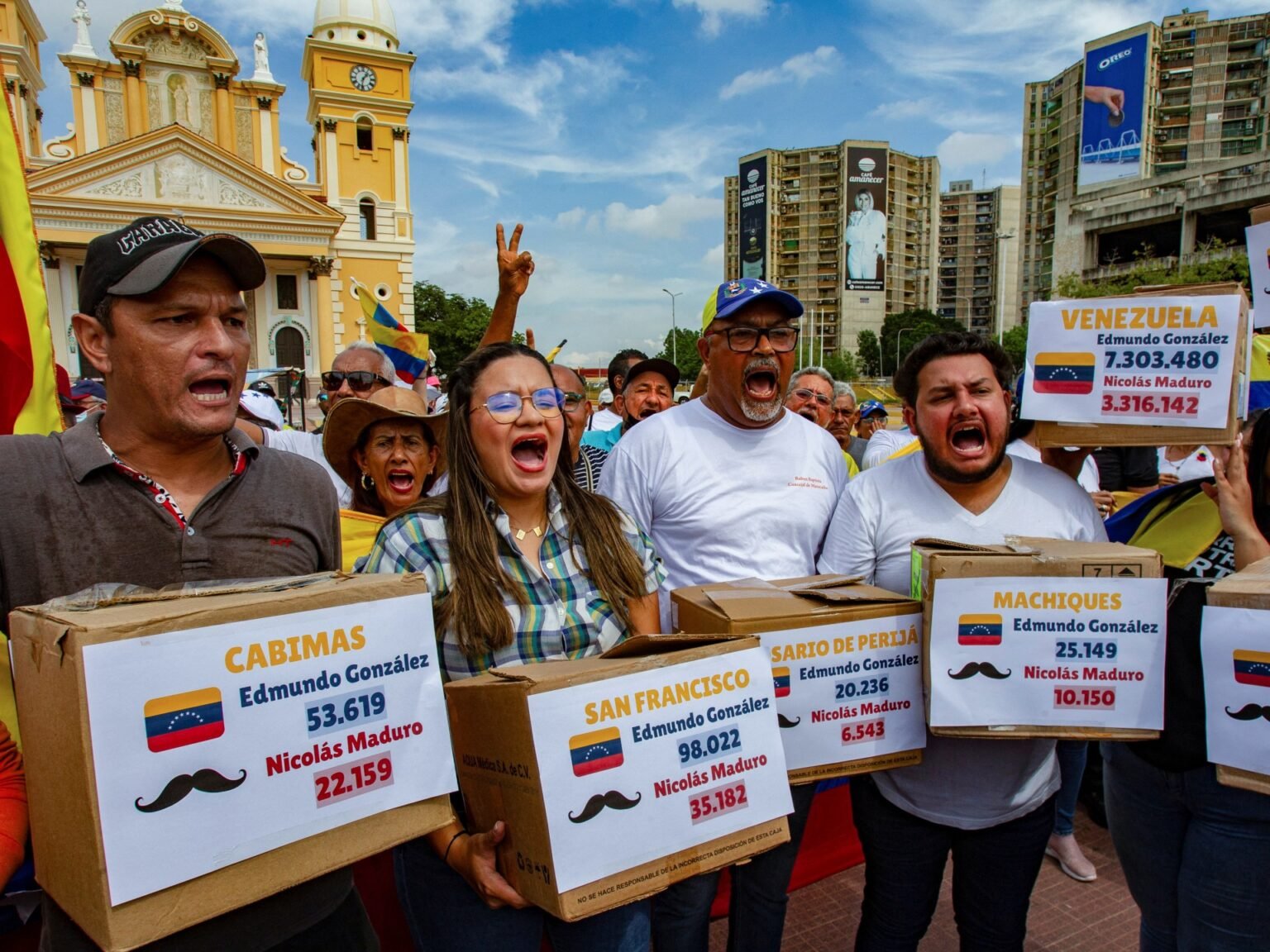The United States has recently implemented new sanctions against Venezuelan officials who were involved in certifying President Nicolas Maduro’s controversial win in the July 28 election. These sanctions specifically target leaders of the National Electoral Council (CNE) and the Supreme Tribunal of Justice (TSJ), as well as other Maduro allies who supported his claim to victory. The US, along with many countries in the West and Latin America, have rejected the election results due to alleged voter fraud and lack of transparency, instead claiming that opposition candidate Edmundo Gonzalez was the rightful winner.
The sanctions, enforced by the Treasury’s Office of Foreign Assets Control (OFAC), freeze the assets of these officials in the US and prohibit Americans from engaging in financial transactions with them. A senior US administration official, speaking on the condition of anonymity, stated that these sanctions are meant to prompt officials aligned with Maduro to reflect on their actions. However, many of the Venezuelan officials targeted by these sanctions were already under US penalties.
The Venezuelan opposition had an opportunity to challenge Maduro’s power in the July election, with early polling showing Gonzalez in the lead by a significant margin. However, the National Electoral Council, which is closely tied to Maduro, declared him the winner without releasing a breakdown of the results. This led to calls for the release of voting records across the country, with the opposition claiming that Gonzalez had actually won based on data they had acquired.
Following the election, demonstrations erupted against Maduro, but opposition activists struggled to sustain a large protest movement due to a security crackdown. Human rights organizations have reported a significant number of arrests and deaths related to the unrest. Gonzalez, facing an arrest warrant, fled to Spain where he was granted asylum. He subsequently met with Spain’s Prime Minister Pedro Sanchez, who urged the Venezuelan government to provide a full account of its voter tallies.
Maduro, a former bus driver who rose to power after the death of Hugo Chavez in 2013, has faced economic and political crises as well as accusations of authoritarianism during his tenure. In 2019, the US and its allies recognized opposition leader Juan Guaido as the legitimate president of Venezuela and implemented further sanctions, exacerbating the country’s economic struggles and resulting in millions of people leaving. The US has also imposed visa restrictions on 16 Maduro allies and seized Maduro’s personal plane, actions that have fueled diplomatic tensions between the two countries.

